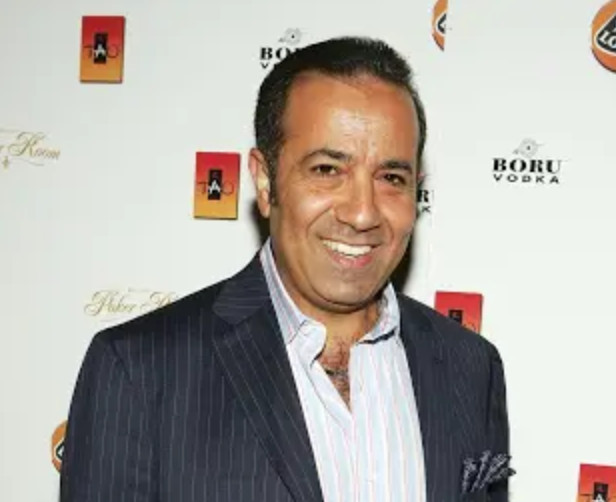
Sam Farha
Childhood
Born on February 23, 1959, in Beirut, Lebanon, Farha grew up during a turbulent period in his home country. When the Lebanese Civil War erupted in 1975, his family relocated to the United States for safety and better opportunities.
Farha attended the University of Kansas, where he earned a degree in business administration. During college, he developed a knack for competitive games, excelling in pool, ping pong, and even the arcade game Pac-Man. His skills were so sharp that he often wagered against opponents, earning substantial cash from these matches—an early sign of his competitive and gambling instincts.
Career
Career in Poker
After graduating, Farha moved to Houston, Texas, where he first encountered poker in the 1980s. A trip to Las Vegas soon followed, and his success at the poker tables convinced him that he could make a living from the game. He quit his job and relocated to Vegas to pursue poker professionally.
World Series of Poker (WSOP)
Highlights Farha’s most notable WSOP achievement was finishing as the runner-up in the 2003 Main Event, where he lost to Chris Moneymaker in a historic hand that helped spark the "poker boom." Despite the loss, Farha earned $1,300,000 and gained widespread recognition. He later faced Moneymaker in a rematch organized by PokerStars, winning the heads-up duel. However, Moneymaker defeated him again in a 2011 WSOP "grudge match."
Farha has won three WSOP bracelets, all in Omaha variants.
TV Appearances: Featured on High Stakes Poker (Seasons 1-4) and had a cameo in the 2007 film Lucky You.
As of 2017, Farha’s live tournament earnings exceed $2.8 million, mostly coming from WSOP events.
Personal life
Farha maintains a relatively private personal life. After leaving Lebanon, he settled in the U.S., where he built his poker career. Known for his calm demeanor and sharp wit at the tables, Farha has become a respected figure in the poker community.
Revenue
Farha’s primary income comes from high-stakes cash games, notably Omaha, where he is considered one of the best. His tournament winnings exceed 2.8 million from the 2003 WSOP Main Event.
Interesting facts
Before poker, Farha made money by hustling in pool, ping pong, and Pac-Man.
He was introduced as an "investor" during the 2003 WSOP, a persona he used to attract poker games.
Farha nearly quit the 2003 WSOP after a bad beat from Barry Greenstein but was convinced to stay—leading to his deep run.
He is working on a new book, Luck is Far More Than Enough, a poker-themed reality TV series, and a video game.
Legacy
Farha’s influence on Omaha poker is undeniable. His strategic insights, competitive spirit, and success in high-stakes games have inspired many players. His book, Farha on Omaha, remains a valuable resource for aspiring Omaha players.
Frequently asked Questions
Farha first played poker in Houston in the 1980s. After a successful trip to Las Vegas, he decided to pursue poker professionally.
His largest single payout was $1.3 million for finishing second in the 2003 WSOP Main Event.
Three—all in Omaha variants (1996, 2006, 2010).
Yes, he primarily plays high-stakes Omaha cash games and occasionally competes in tournaments.
While exact figures are undisclosed, his live tournament earnings exceed $2.8 million, with additional income from cash games and endorsements.














